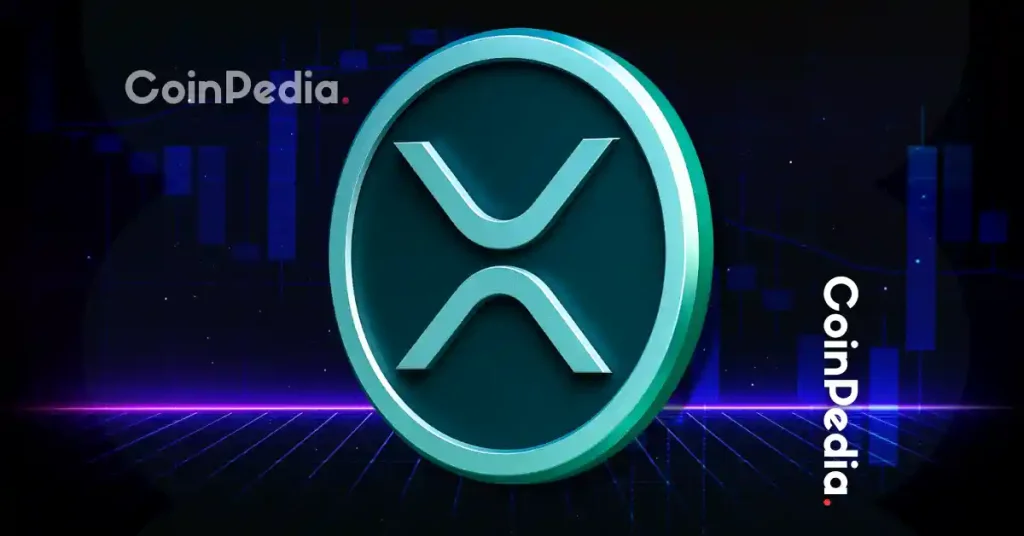
The post Is XRP Becoming the World’s Real-Time Settlement Network? appeared first on Coinpedia Fintech News
Analyst Jesse from Apex Crypto Consulting believes XRP could play a key role in a global financial system that connects central banks through real-time settlement.
XRP and the Global RTGS Network
Jesse referred to a document from the Hyperledger Foundation that showed the XRP Ledger as the “global RTGS,” or Real-Time Gross Settlement system. RTGS systems allow banks to settle large transactions instantly. The idea is that the XRP Ledger could link these national systems together through the Interledger Protocol, creating a single network for global payments.
The document outlined how central banks such as the Federal Reserve, the Bank of Japan, and the European Central Bank could connect their RTGS systems to the XRP Ledger. In that model, XRP would act as the bridge asset for liquidity, allowing money and assets to move across borders without delays.
The Internet of Value
This concept fits into what Ripple calls the “Internet of Value.” It aims to make transferring money as easy as sending data online. In this setup, XRP provides the liquidity that allows assets to move between banks and currencies with minimal friction.
Jesse also mentioned that central banks and financial institutions could program and customize how transactions settle using new frameworks like Quant. XRP would still serve as the base settlement layer that ties these programmable systems together.
Global Integration by 2025
The Hyperledger document hinted that 2025 could mark the point when major financial institutions begin using XRP as part of their settlement systems. If that timeline holds, XRP could sit at the center of a new digital network that supports instant and secure cross-border transactions.
For now, XRP remains one of the few digital assets directly linked to the infrastructure that could shape how money moves between banks in the coming years. It shows how blockchain technology may quietly become part of the global financial system, rather than replace it.

 3 months ago
11923
3 months ago
11923




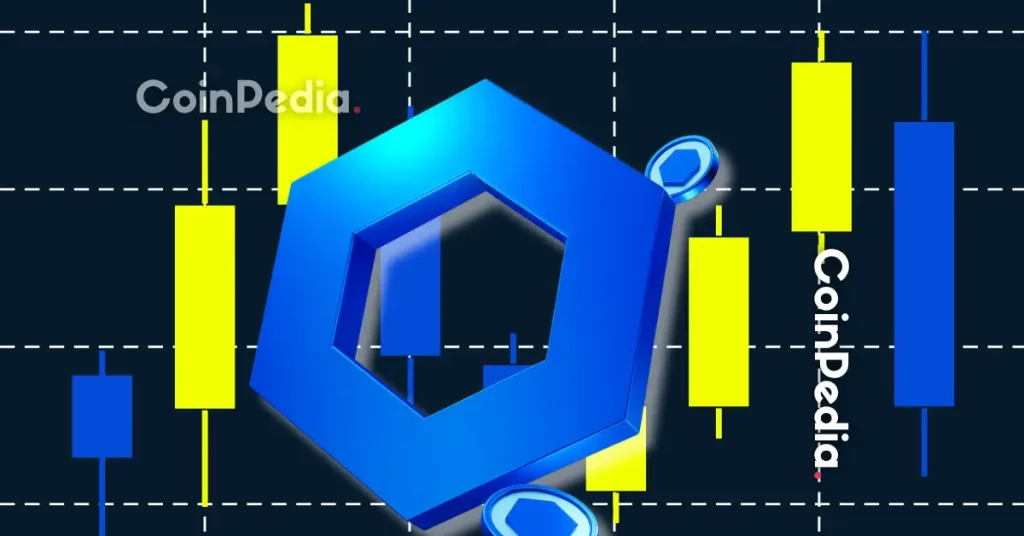




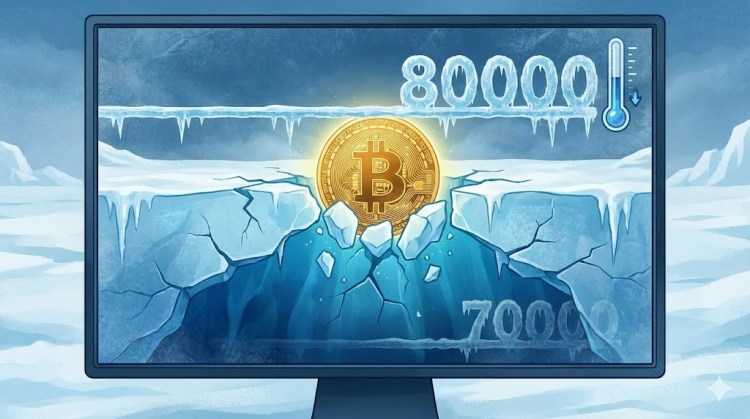
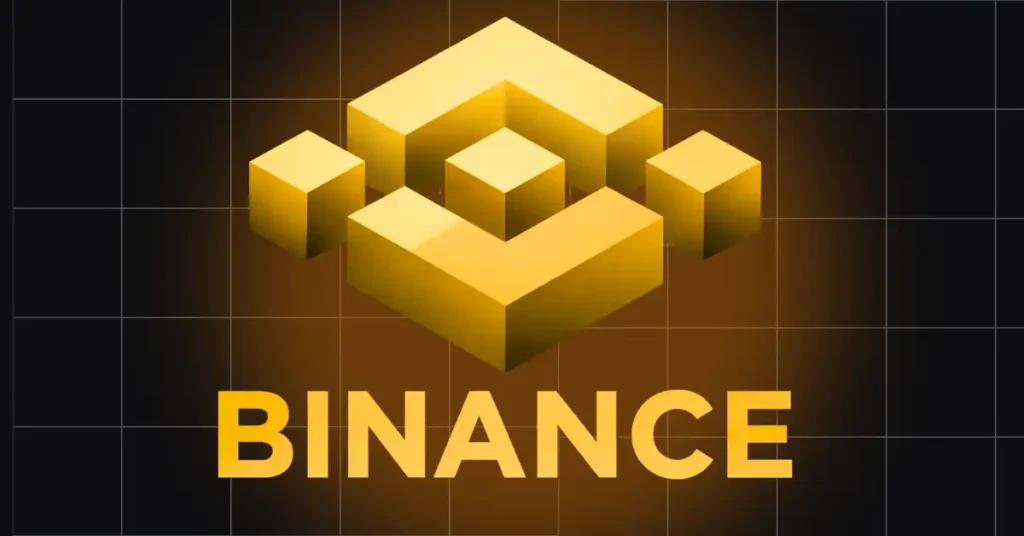

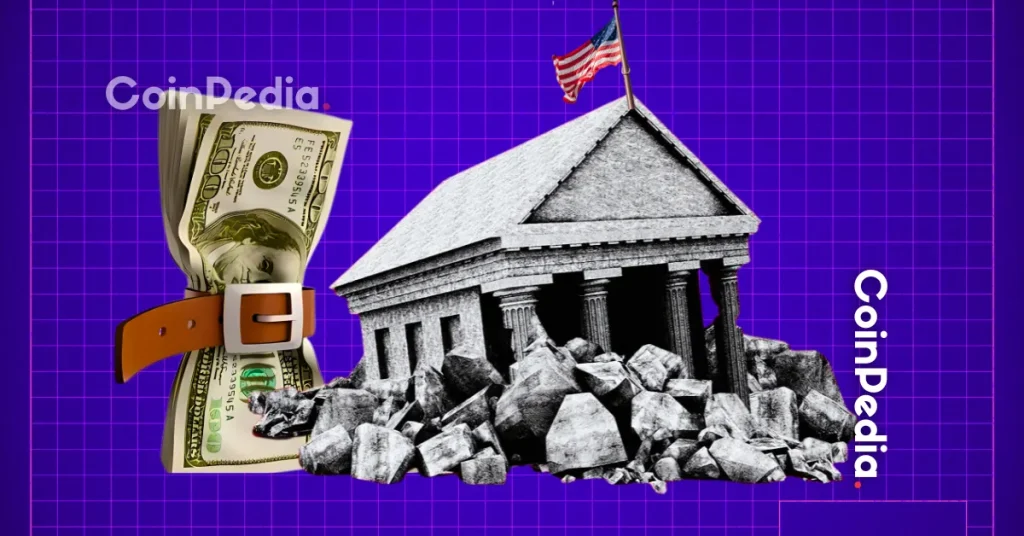

 English (US)
English (US)